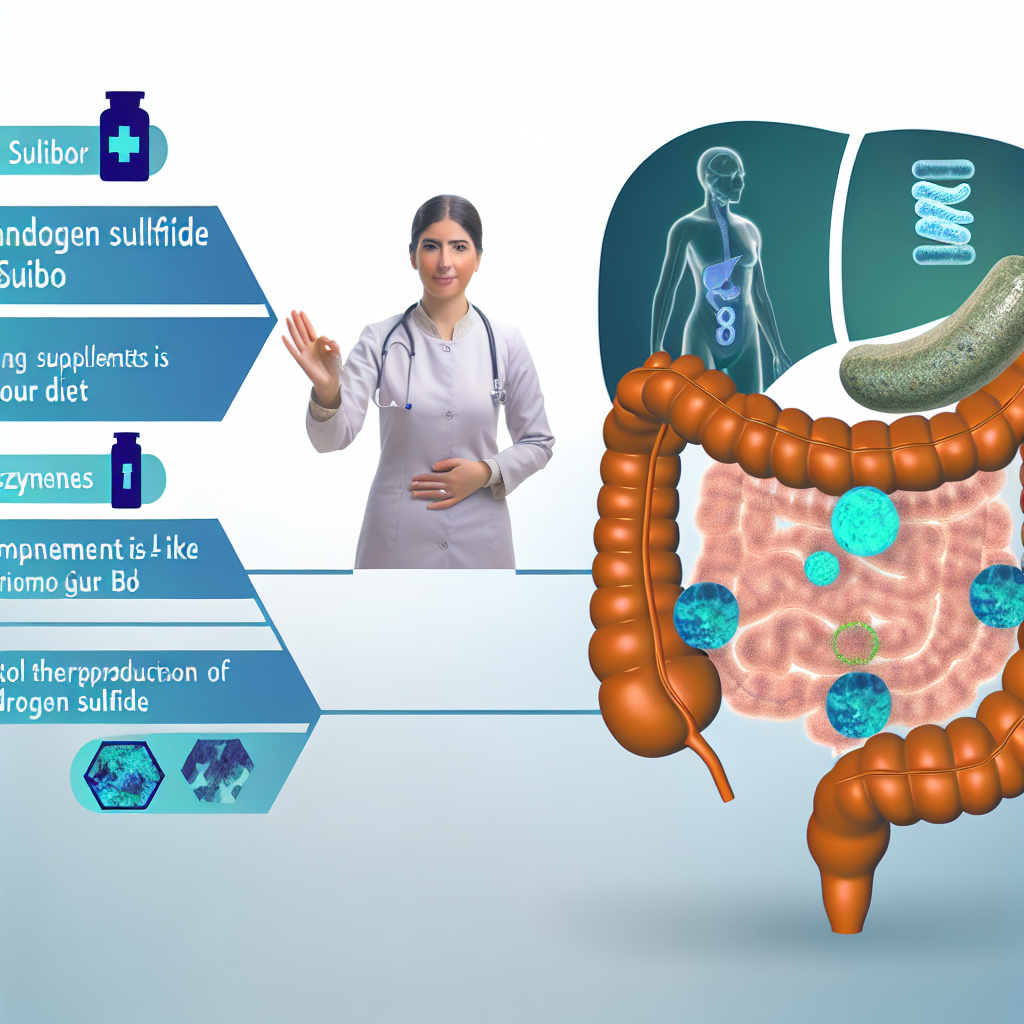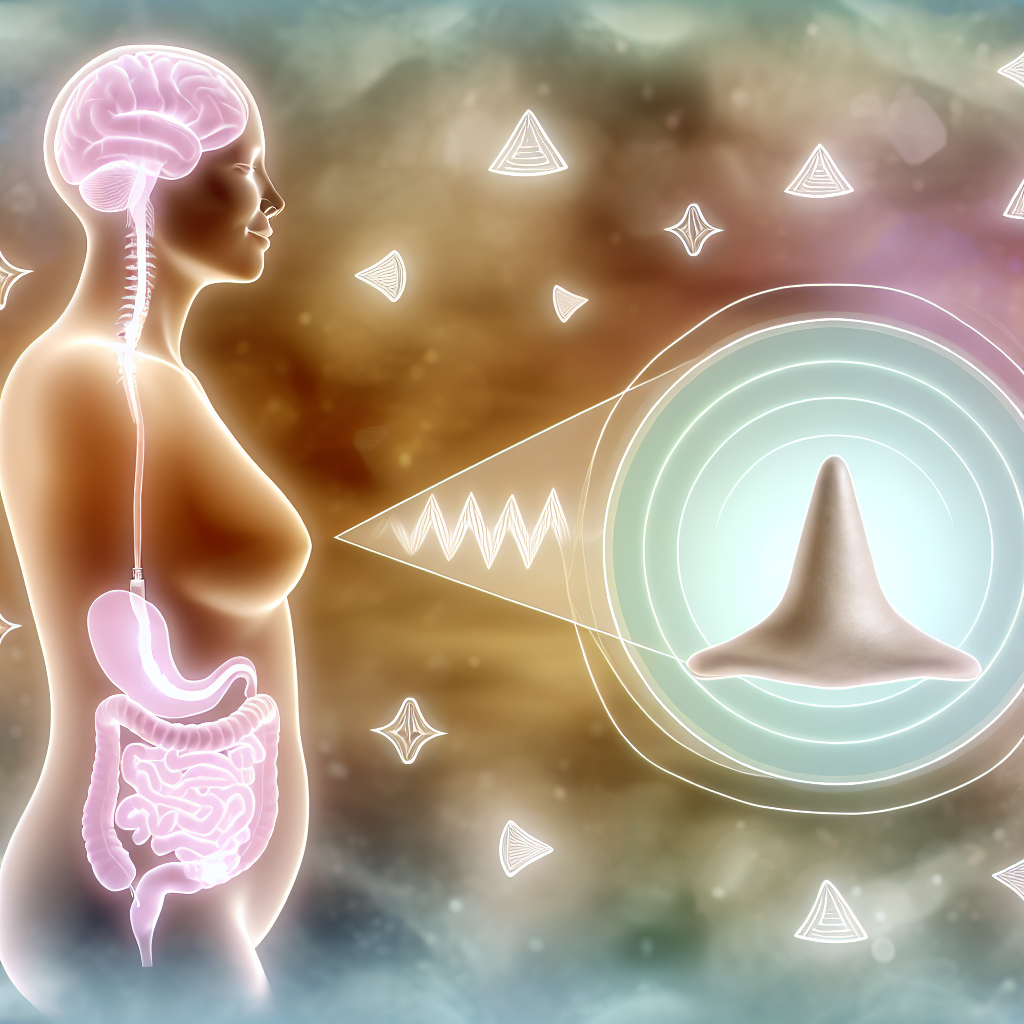Various natural therapies can alleviate the symptoms of gastroesophageal reflux disease (GERD). It is essential to remember, however, that there is no scientific evidence to support the utilization of any natural cure for the treatment of gastroesophageal reflux disease (GERD).
Before beginning treatment with a natural solution for gastroesophageal reflux disease (GERD), it is essential to consult with your primary care physician. This is of utmost significance if you are currently taking any prescriptions, as there is a possibility that specific natural treatments might interfere with pharmaceuticals.
Natural Treatments
Here are some natural therapies that may help to reduce GERD symptoms:
Aloe vera: Aloe vera is a succulent plant utilized as a natural cure for various disorders for centuries. About seventy-five active substances, including vitamins, minerals, and amino acids, are contained within the gel-like material found inside the leaves of the plant.
Because of its anti-inflammatory and wound-healing characteristics, aloe vera is a popular choice for treating burns, wounds, and other skin irritations. These features are among the substances that elicit these effects.
Further evidence suggests that aloe vera may benefit the digestive system, as demonstrated by recent research endeavors. The anti-inflammatory characteristics of the plant may help to relax the lining of the esophagus, thus lowering the irritation and pain linked with illnesses such as acid reflux and gastroesophageal reflux disease (GERD).
Additionally, aloe vera may assist in stimulating the synthesis of digestive enzymes, which in turn helps in the breakdown of food and improves the consumption of nutrients.
The antimicrobial characteristics of aloe vera have been discovered, which means it is efficient against many bacteria and viruses. In addition to its anti-inflammatory and digestive advantages, aloe vera also possesses antibacterial capabilities. This may aid in the prevention of infections and help wounds and other injuries heal more quickly.
Aloe vera is a plant that may be used in a variety of ways and has the potential to offer a wide range of health advantages. It has the potential to decrease inflammation, promote healing, and support overall health and wellness, regardless of whether it is administered topically or ingested orally.
Natural Relief
Ginger: Ginger is a root. Ginger has characteristics that make it effective against nausea and inflammation. Heartburn and acid reflux may be alleviated as a result of its use.
Root of licorice: Licorice root possesses characteristics that work to decrease acid production and reduce inflammation. Heartburn and acid reflux may be alleviated as a result of its use.
Marshmallow root is a plant with a slimy covering that can aid in relaxing the lining of the esophagus. Marshmallow root is also known for its medicinal properties. Heartburn and acid reflux may be alleviated as a result of its use.
The plant known as chamomile is known for its ability to induce feelings of calm and relaxation. Stress, which can be a cause of gastroesophageal reflux disease (GERD), may be alleviated as a result of this.
A plant is known as a slippery elm is characterized by a slimy covering that has the potential to alleviate discomfort experienced by the lining of the esophagus. Heartburn and acid reflux may be helped as a result of its use.
Potential Risks
Note that some of these natural therapies may cause adverse consequences; this is an essential point to remember. The root of licorice, for instance, has been linked to elevated blood pressure and decreased potassium levels. Marshmallow root has the potential to induce sleepiness as well as constipation. According to specific individuals, chamomile might trigger allergic responses. Constipation is a potential side effect of slippery elm.
Whenever you contemplate using any of these natural treatments, you must consult with your physician first to ascertain whether or not they are suitable for your health.
Managing the symptoms of gastroesophageal reflux disease (GERD) can be accomplished by a variety of lifestyle adjustments, in addition to utilizing natural therapies. These include the following:
It would help if you steered clear of meals and beverages that bring on your symptoms. The consumption of spicy meals, fatty foods, acidic foods, coffee, and alcohol are all examples of common triggers.
We are consuming several smaller meals scattered throughout the day.
Eat nothing in the hours leading up to bedtime.
During sleep, elevate your head and shoulders to a higher position.
If you are overweight or obese, you should try to lose weight.
It would help if you gave off smoking.
If you have gastroesophageal reflux disease (GERD), it is essential to consult with your physician about the treatment strategy that will be most effective for you. Various medicines and surgical treatments are available for treating gastroesophageal reflux disease (GERD).

Dominic E. is a passionate filmmaker navigating the exciting intersection of art and science. By day, he delves into the complexities of the human body as a full-time medical writer, meticulously translating intricate medical concepts into accessible and engaging narratives. By night, he explores the boundless realm of cinematic storytelling, crafting narratives that evoke emotion and challenge perspectives.
Film Student and Full-time Medical Writer for ContentVendor.com




